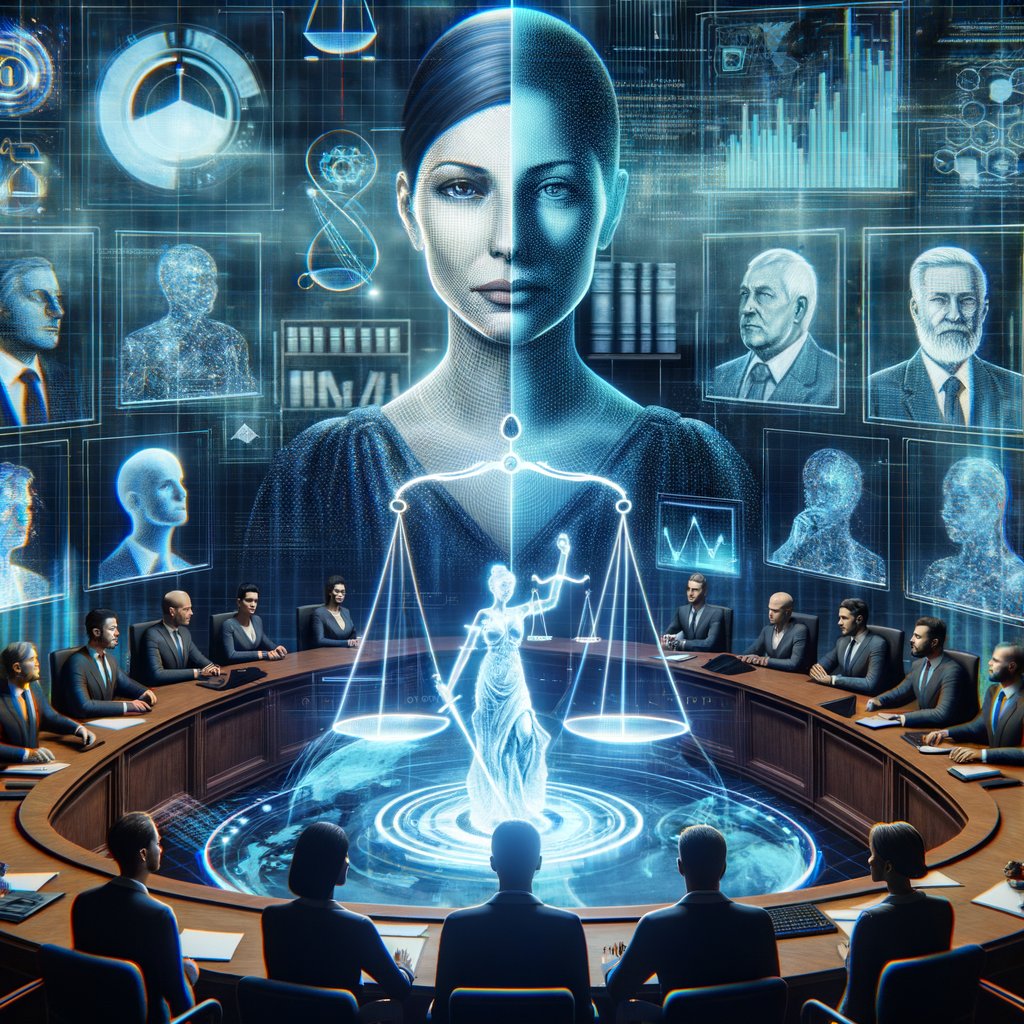Image created by AI
U.S. Judge Strikes Down Elon Musk’s $101 Billion Tesla Compensation, Shareholders Denied Control
In a bold assertion of judicial authority over corporate governance, Chancellor Kathaleen St Jude McCormick of the Delaware Court of Chancery upheld her previous decision to nullify Elon Musk's staggering $101 billion compensation package from Tesla, despite an overwhelming shareholder vote to restore it. This ruling reinforces the challenging tension between corporate boards and shareholder rights.
The contentious legal battle began when Tesla shareholder Richard Tornetta filed a lawsuit against the board, claiming undue influence by Musk in company affairs. The lawsuit argued that Tesla's board, supposedly under Musk's sway, failed to safeguard shareholder interests adequately, a stance that McCormick's 103-page opinion supported. The judge emphasized the importance of maintaining legal consistency and preventing endless litigation by rejecting "creative" yet unprecedented arguments from Tesla's defense team.
This legal skirmish sheds light on the complexities of corporate governance, particularly in cases where charismatic and influential figures like Musk are involved. Musk, who achieved the targets set in his 2018 compensation agreement, which included specific market cap, earnings, and sales goals, argued for the sanctity of shareholder decisions. Under the discussed pay deal, Musk would receive compensation in Tesla stock options, aligning his personal financial gains with the company's performance milestones.
Interestingly, Musk’s compensation, initially valued at $56 billion, ballooned to over $101 billion following Tesla’s stock price surge, which coincided with market reactions to political events such as Donald Trump’s election victory. This immense increase highlights the volatile intersection of finance, politics, and individual leadership within corporate operations.
However, McCormick’s ruling goes beyond financial figures, touching on the broader implications of corporate governance frameworks and the extent of judicial involvement. By overturning the shareholder vote that favored Musk, the decision has sparked a debate about the balance of power between company owners and the judiciary. Tesla, expressing discontent with the ruling, termed it as a shift of control from “rightful owners – the shareholders” to the courts, implying potential overreach.
Tesla's statement on X (formerly Twitter) also underlined its intent to appeal the decision, highlighting a looming legal escalation that could set precedents for how shareholder influence is treated in U.S. corporations. Musk’s personal comment on X condemned the judge’s approach as that of an "activist posing as a judge" and advocated for a model where shareholder votes determine company trajectories.
As the legal processes continue, the outcomes of this case could lead to significant shifts in corporate governance policies and the interpretation of shareholders' rights in the United States. Furthermore, the situation poses questions about the effectiveness and impartiality of corporate boards, especially in technologically innovative and rapidly evolving industries like electric vehicles.










